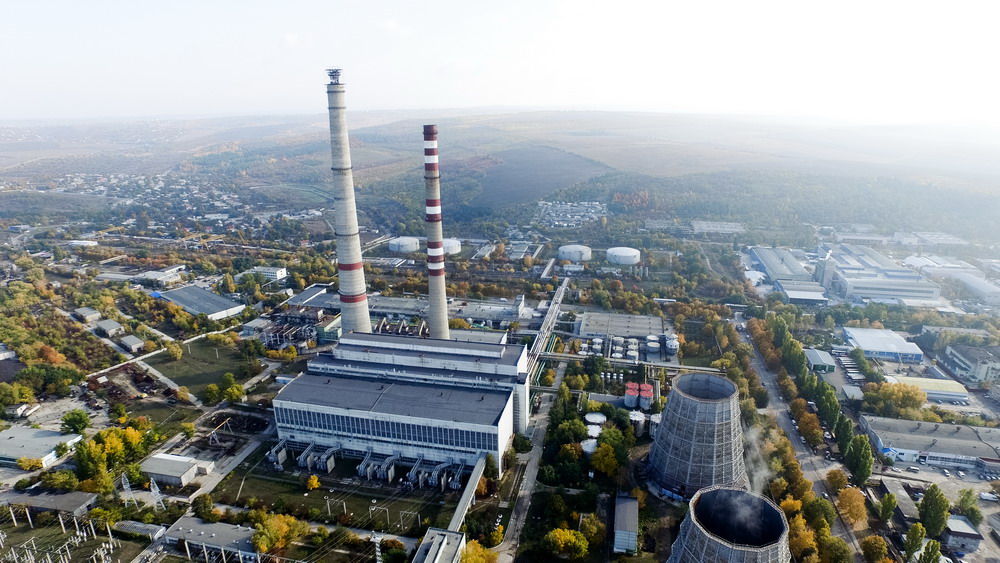
Municipal authorities allocate for almost a decade compensations for the heat to the socially vulnerable population, although with the 60 million lei allocated annually, the municipality could mobilize 600 million lei for the energy efficiency of the blocks in the Capital (insulation of the buildings and switching to the distribution system horizontal of the thermal agent), suggested the energy expert from IDIS Viitorul Victor Parlicov at the show "15 minutes of economic realism".
Chisinau is the only city in the Republic of Moldova to provide heat compensation in the cold period of the year in a volume of 40% of the thermal energy bill for the socially vulnerable population.
According to Parlicov, the issue of large heat bills in Moldova is primarily due to the poor energy efficiency of the blocks. For comparison, the Republic of Moldova consumes three times more thermal energy to heat a square meter of space compared to the EU. The situation was inherited from the Soviet era when energy resources were very cheap and there was no question of energy efficiency, and we can not afford to waste energy anymore.
"Money allocated to vulnerable consumers by municipal authorities de facto subsidizes energy inefficiency. The pilot projects carried out in the past by Thermocom SA and recently by SA "Termoelectrica" have demonstrated that by adopting energy efficiency measures (thermal insulation of buildings and switching from the vertical distribution system of the thermal agent to a horizontal system with metering of each apartment and the possibility for consumers to adjust the heat level from the radiator) can achieve a reduction in energy consumption by up to 45%. By making such an investment, the burden of heat bills for those consumers would be reduced forever. But local authorities spend the same 40%, each month during the cold season of the year, to clear the bill for these consumers, "Parlicov said.
Energy efficiency work can only be done entirely at the whole block level and not for each individual apartment. Respectively, even if all the administrative and legal problems were solved, and the inhabitants of a block would agree to jointly invest in these works, the economic problem would remain - the vulnerable social population would have no resources to pay for their contribution to these efficiency works energy. Termoelectrica's S.A. experience with the Panddurilor str. 52 demonstrates that the average investment needed to move from the horizontal distribution system to the horizontal is about 500 euro for each apartment.
In conclusion, the energy expert argues that if it is to admit that about 10% of the apartments in each block is inhabited by socially vulnerable consumers then the 60 million lei allocated to compensators could raise up to 600 million lei for investments in energy efficiency of buildings. Respectively, some of the money allocated annually from the municipal budget should be combined with the financial means from the energy efficiency fund to set up a financial package available for improving the energy efficiency of the blocks in Chisinau.
The show is made by IDIS Viitorul in partnership with Radio Free Europe.
For more details, contact the Public Relations Coordinator IDIS Viitorul, Victor URSU at ursu.victoor@gmail.com or call 069017396.